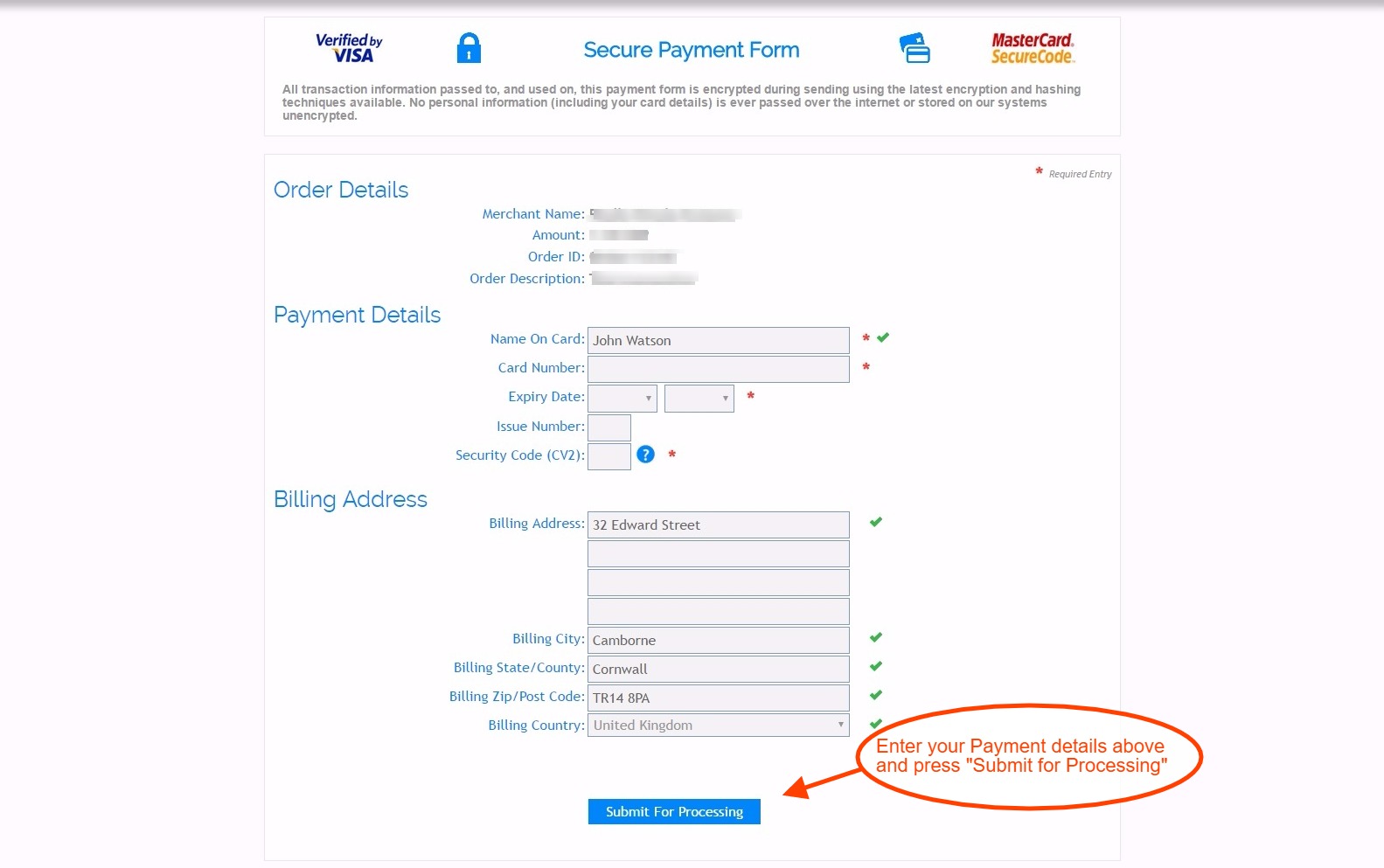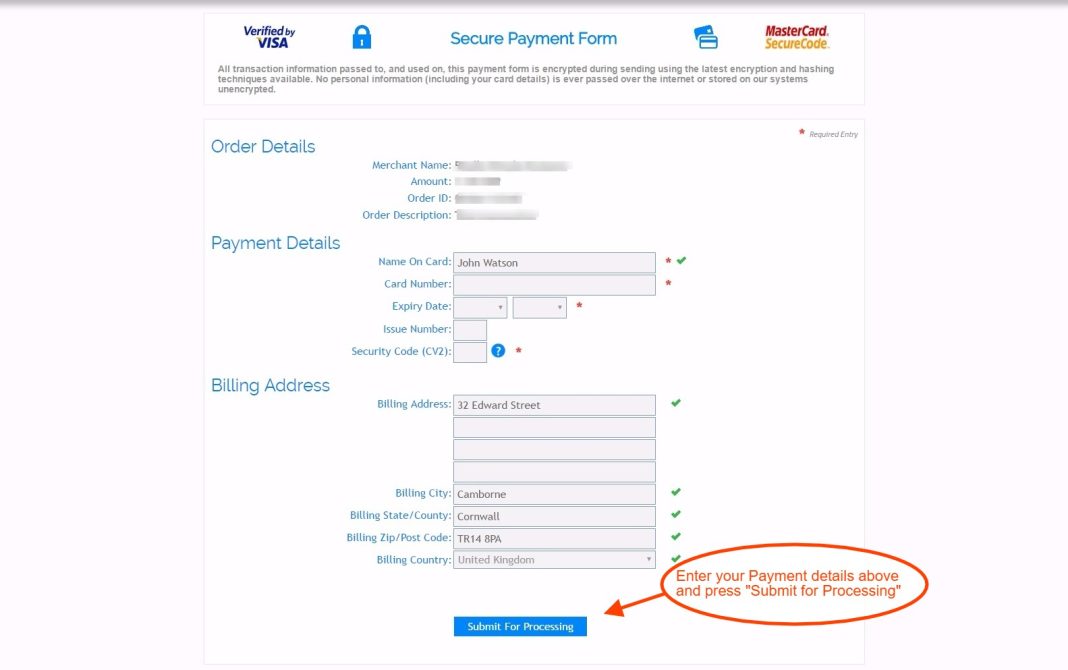 IRS Proposes Direct Credit and Debit Card Payments for Taxpayers
IRS Proposes Direct Credit and Debit Card Payments for Taxpayers
The Internal Revenue Service (IRS) has recently put forth a proposal to allow taxpayers to make tax payments directly using credit or debit cards. Currently, the IRS permits three third-party processors to collect tax payments made with these cards, though the processors charge a fee for their services. However, this proposed rule change would remove the existing restrictions that prevent the IRS from directly accepting such payments.
One of the regulations that hindered the IRS from accepting credit and debit card payments was the prohibition on the agency paying any fee to third-party services for processing these payments. The other regulation prohibited the IRS from imposing any fees on individuals who choose to pay taxes using credit or debit cards. The new proposal aims to eliminate both of these prohibitions, thus allowing the IRS to pay a fee to card issuers or banks for processing taxpayers’ payments.
It is important to note that if the IRS does pay a fee, it must seek to minimize the burden on taxpayers. Therefore, under the proposed changes, the IRS would pass on the reimbursement fee to the taxpayer by charging it as part of their tax payment. However, since a reimbursement is not considered a “tax,” the normal credit and refund procedures for tax overpayments would not apply. Should any issues arise related to this fee, taxpayers would need to follow the usual procedures for resolving bank card payment errors.
Furthermore, these new regulations would also grant the IRS the authority to continue using third-party payment processors, regardless of whether the agency pays a fee. This provision is aimed at reducing the expenses incurred when handling tax payments.
The proposed changes align with the provisions of the Taxpayer First Act, which became law in July 2019. This act was enacted as part of an effort to transform the IRS into a more taxpayer-friendly agency. Among its various provisions, the law grants the IRS the flexibility to enter into contracts that enable taxpayers to make direct payments using credit or debit cards.
The IRS believes that expanding payment options for taxpayers promotes tax compliance and benefits both the government and taxpayers. By providing more flexibility in payment methods, the IRS aims to make the tax payment process more convenient and accessible for individuals.
The proposal is now open for public comment for a period of 60 days, ending on September 3. This comment period allows stakeholders and taxpayers to provide feedback and voice their opinions on the proposed changes. The IRS will carefully consider the comments received before finalizing the regulations.
In conclusion, the IRS’s proposal to allow direct credit and debit card payments for taxes aims to enhance convenience and accessibility for taxpayers. By removing existing restrictions and authorizing the payment of fees, the IRS seeks to streamline the payment process and reduce expenses. Public input during the comment period will play a crucial role in shaping the final regulations, ensuring that the changes meet the needs of both the government and taxpayers.


